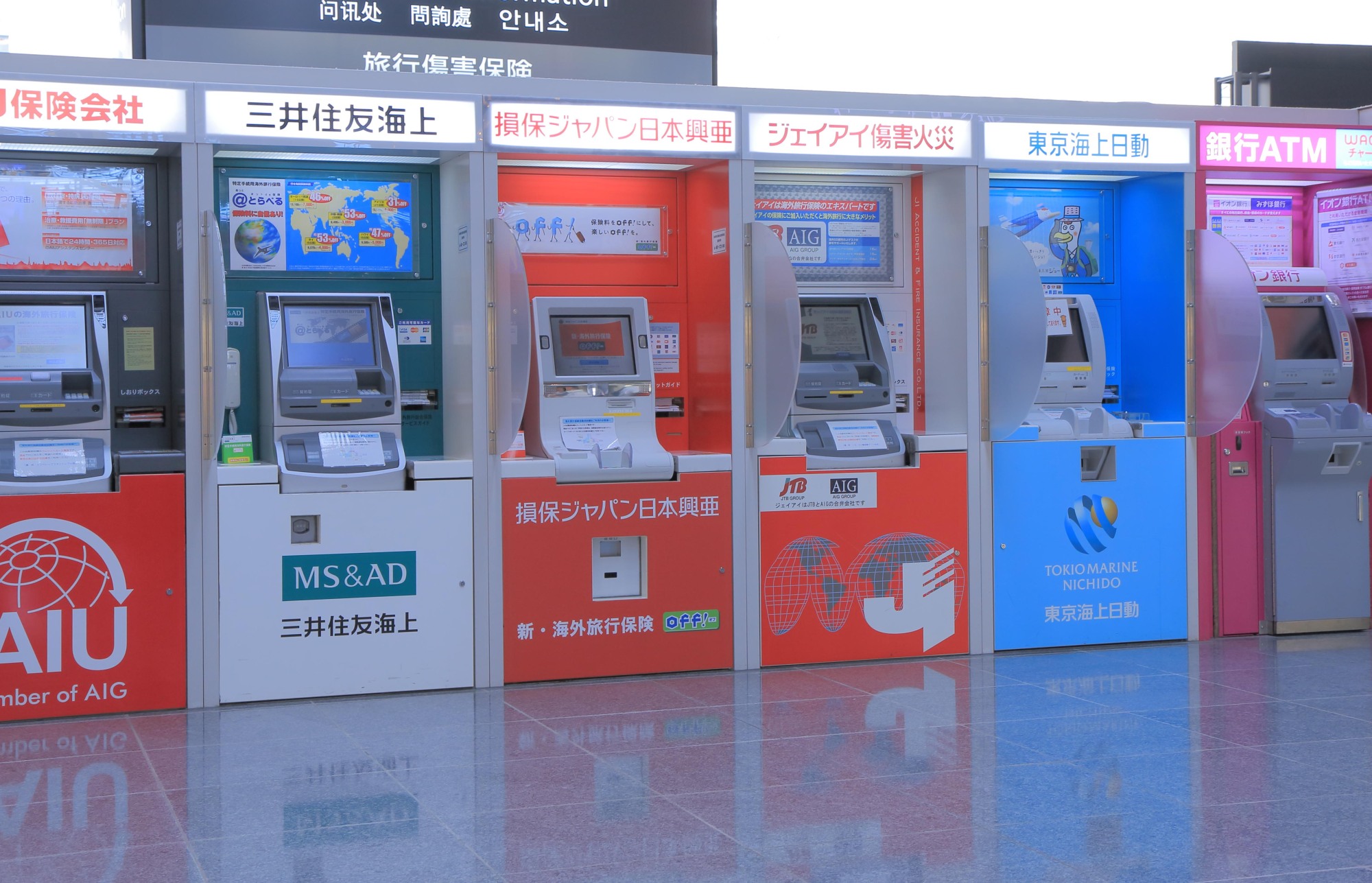As part of an ongoing series about artificial intelligence, the Asahi Shimbun on Jan. 11 published a story that asserts the financial industry has adopted AI more readily than any other. Because finance is a data-driven endeavor, designing AI software to do things such as read and analyze reams of economic information and project future investment performance is progressing rapidly. Moreover, voice recognition is becoming so advanced that standing clients and potential customers will no longer have to talk to humans about their financial needs. Even if a person is going to make the final decision about a transaction, most of the work has already been done.
This development, however, may also hasten the end of banks. Due to Japan's zero interest rate policy, domestic banks can't make money on loans, so they've become clearinghouses for other financial companies' products, be it mutual funds or insurance policies. Banks are basically salesmen who collect handling fees for delivering products and services. Once that task is automated or otherwise rendered obsolete by new technology, what's the point of a bank?
These types of stories have been receiving a great deal of attention in the media for a while now, and Asahi's affiliate weekly magazine, Aera, devoted a large portion of its Jan. 22 issue specifically to the end of banking in Japan. The articles seem to be a response to announcements made in recent months by the three Japanese “megabanks” that they would be eliminating a large number of jobs over the next decade: 19,000 at Mizuho Financial Group, 9,500 at Mitsubishi UFJ Financial Group and 4,000 at Sumitomo Mitsui Financial Group.



















With your current subscription plan you can comment on stories. However, before writing your first comment, please create a display name in the Profile section of your subscriber account page.